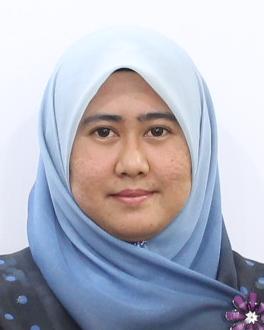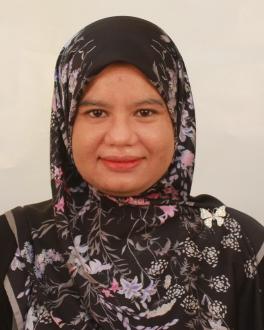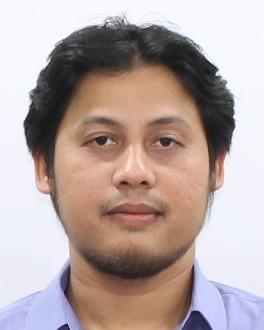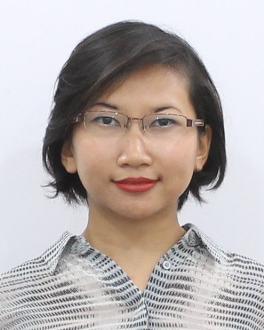Mammalian Cell Culture
Synopsis
Cell culture technique is crucial to produce a significant proportion of biopharmaceuticals products as well as for diagnostic and therapeutic use. In addition, the use of mammalian cells is expanding in various applications such as drug screening, tissue engineering, gene therapy, toxicology and virology. In this module, participants will be attending lecture sessions in handling and maintaining mammalian cell lines. In addition, participants will be introduced to several lab analysis and application commonly used in cell culture work. Participants will be introduced on how to setup cell culture laboratory.
Objective
This course is designed to provide a solid basis on the management and application of cell culture for medical application.Â
Learning Outcome
At the end of the course student will be able to:
1. Explain the basic aseptic technique and strategies to manage issues arise from cell culture activities.
2. Identify the equipment and requirements needed to setup cell culture laboratory.
3. Describe the scientific discipline related to biological safety in cell culture laboratory.
4. Understand common lab analysis related to cell culture - cell proliferation, cell migration and colour-tagging in cells via gene modification.



